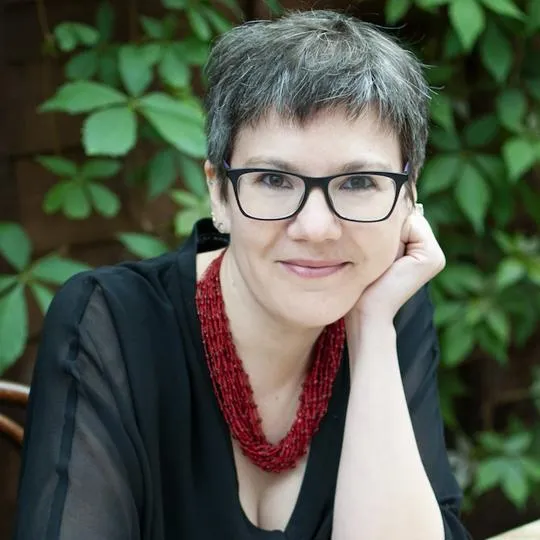Please note: this event has passed
27th May, 4-5.30pm
About
Music is often associated with places. One can think of many place-related names for music types, like pub music, elevator music, church music and so on. But there are more serious associations between music and place, ones that carry deeper significance, such as those referring to a country, a nation, a people, a religion or indeed more than one of these important notions. This talk is about some of the ways in which the relationship between music and place may be understood, and about implications that might be pertinent for understanding mental health in cultural context.
Embarking from questions about whether music represents place or creates it, I will talk about modes of perception and practices in which music redresses the destabilizing effects of the loss of place, especially in cases of forced displacement. I will draw on tools from multiple disciplines to understand the power of music in cultural and communal practice, as well as in individual and shared perception, touching in the process on the important role music can have in psychological adaptation. In this story, the recovery of a sense of wellbeing after forced displacement—after becoming a refugee people—is the recovery of senses of belonging, identity and meaning. This process of recovery hinges on the power of sadness, an emotion that is central to the story of the Suryani people of Aleppo in particular, and a noteworthy element of intimate cultural expression in the Middle East more widely.
To read about the series further, visit this page.
How to join this event
This is an online event that is free and open for all to attend.
Please click here to register for your place.
After registering, you will receive a confirmation email with the login details for the session on Zoom.
About the speaker
Tala Jarjour studies music, religion, anthropology and the Middle East. Her research draws on multiple disciplinary approaches, currently focusing on emotion, cognition, conflict, displacement and mental health. Author of Sense and Sadness, Syriac Chant in Aleppo, Tala publishes in academic platforms and media outlets. She is also involved in the humanitarian sector, promoting specialist-led training in mental health within underserved contexts, through Magenta Mind.
This event is organised by the Refugee Mental Health and Place Network and co-sponsored by the ESRC Centre for Society and Mental Health.
We would like all events to be inclusive and accessible. Please do not hesitate to contact us by email to csmh@kcl.ac.uk to let us know if you have any access requirements or to find out more about this session.
More information
Refugee Mental Health and Place Network
We are a growing network of researchers and community organisations exploring post-migration factors and refugee mental health. We seek to strengthen interdisciplinary expertise and intersectoral capacity to inform health and social policy to help improve mental health outcomes for refugees and asylum seekers. Read more in our recent blog on Understanding the role of place in refugee mental health to inform policy.
Mental Health and Psychosocial Support (MHPSS) Directory for Refugees and Migrants in London
The MHPSS Directory is a broad and detailed list of organisations providing mental health and social support services to migrants, refugees and asylum seekers in London and Greater London. Click here to find out more and to download the directory.
ESRC Centre for Society and Mental Health
The ESRC Centre for Society and Mental Health develops research to promote and sustain good mental health in communities. We aim to shift public debate about mental health away from a focus on individualised interventions, towards social practices and policies that promote and sustain good mental health.



